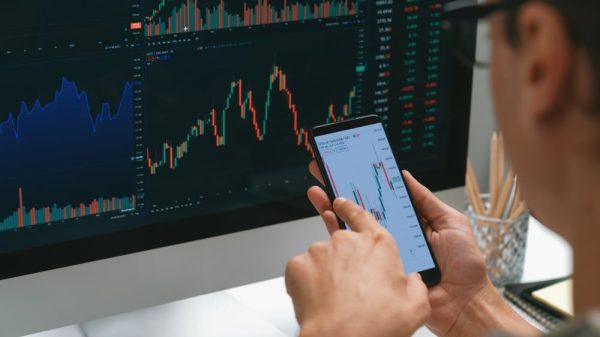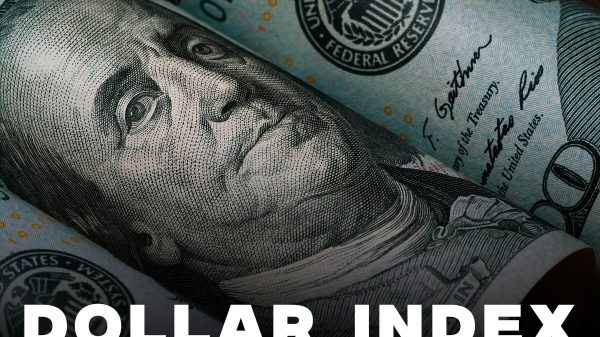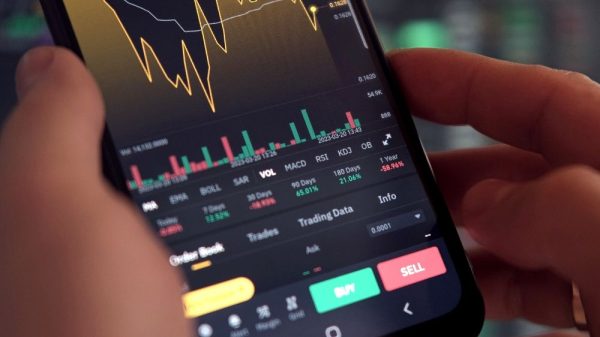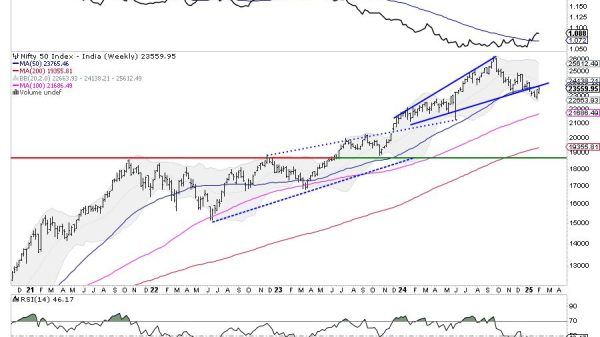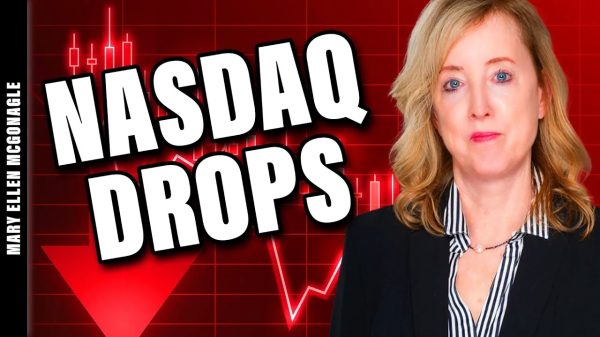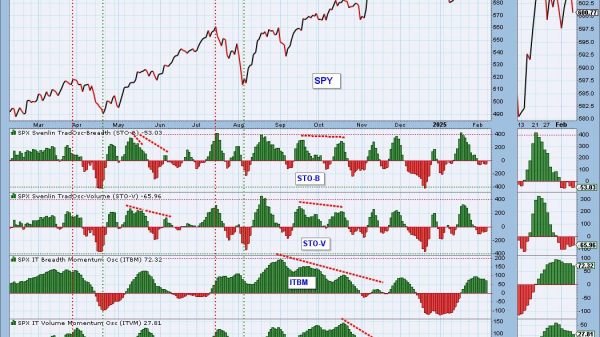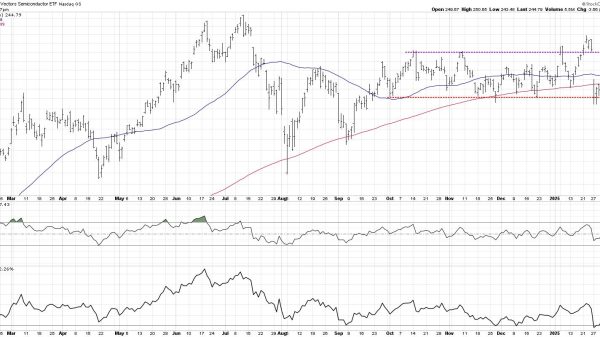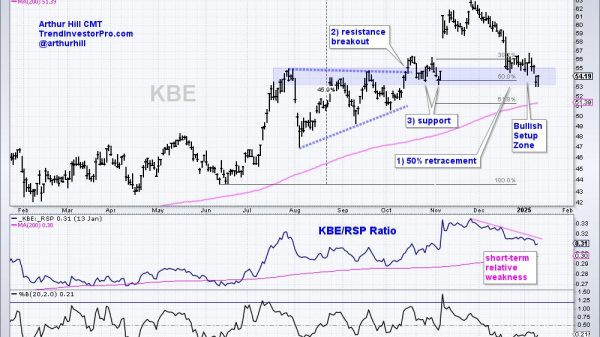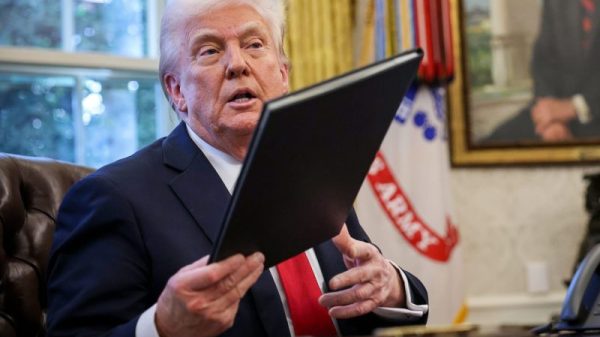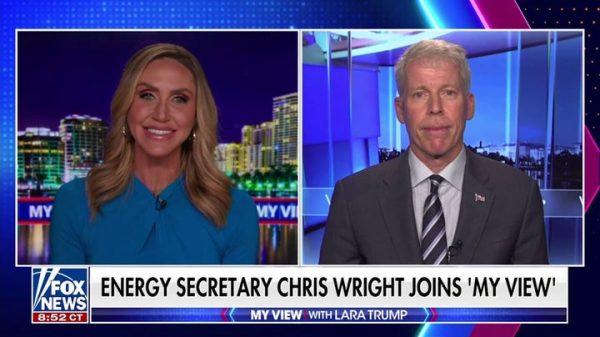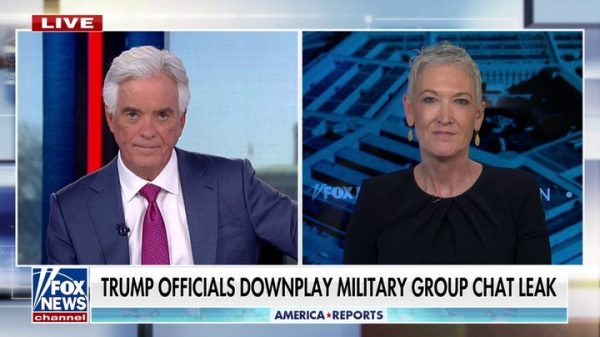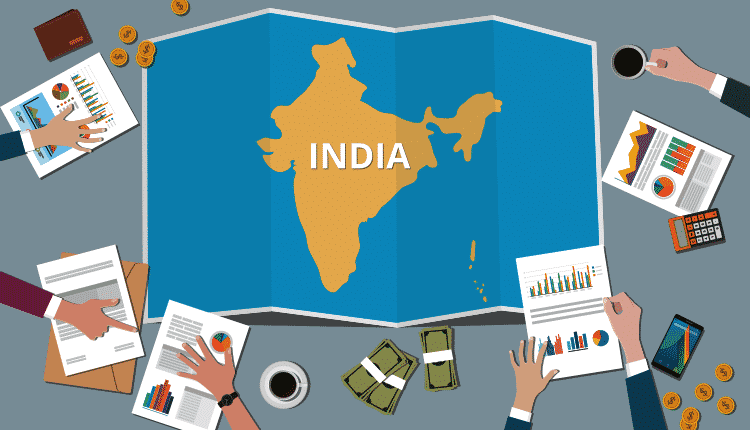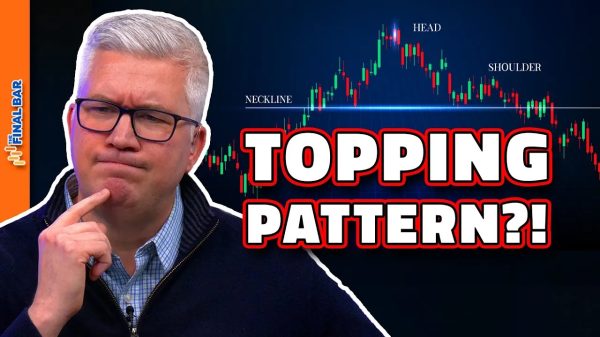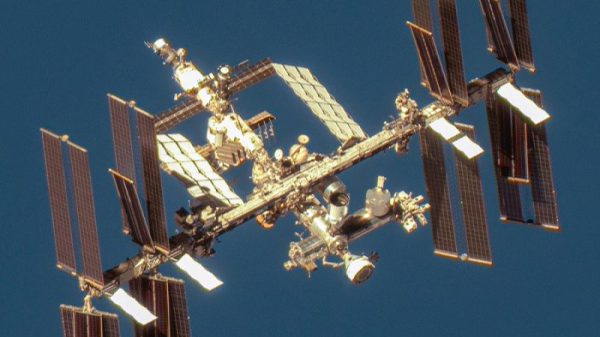India’s Feb Trade Deficit Hits $18.71B, Exceeds Forecasts
Quick Look
India’s trade deficit for February marked $18.71 billion, exceeding economists’ forecasts.
Merchandise exports rose to $41.40 billion, with imports climbing to $60.11 billion.
The government introduces incentives for EV manufacturing, including lower import taxes for significant investments.
February painted a vivid picture of India’s trade activities, revealing a merchandise trade deficit of $18.71 billion. This figure slightly surpassed the expectations of economists, who had anticipated a $18.30 billion deficit. The month witnessed merchandise exports escalating to $41.40 billion against imports of $60.11 billion. This marks a substantial increase from January’s exports of $36.92 billion and imports of $54.41 billion. Such fluctuations underscore the volatile nature of global trade dynamics, directly impacting India’s economic landscape.
Services Trade and Economic Implications
Apart from merchandise, the services sector also played a pivotal role in February’s trade activities. Services exports were reported at $32.35 billion, slightly lower than January’s $32.80 billion. Meanwhile, services imports decreased to $15.39 billion from $16.05 billion the previous month. These figures suggest a robust performance in the services sector, contributing positively to India’s overall trade balance. The resilience of the services sector, amid global economic uncertainties, signals potential for future growth and stability within the Indian economy.
Revving Up EV Manufacturing: A Strategic Move
In a strategic shift towards sustainable transportation, the Indian government announced incentives to boost electric vehicle (EV) manufacturing. A notable policy update includes the reduction of import taxes for companies committing to significant investments in the EV sector. Specifically, companies should invest a minimum of Rs 4,143 crore ($500 million) and establish local manufacturing facilities within three years. This initiative mandates that at least 25% of the components must be sourced locally, fostering a domestic supply chain for the EV market. Such policies are not only to reduce the trade deficit by curbing imports but also to position India as a key player in the global EV industry.
February’s trade data, coupled with new policy measures, reflect India’s strategic efforts to balance its trade deficit while paving the way for future economic resilience. The emphasis on boosting EV manufacturing signals a significant shift towards sustainable development, promising to redefine India’s role in the global market.
The post India’s Feb Trade Deficit Hits $18.71B, Exceeds Forecasts appeared first on FinanceBrokerage.




